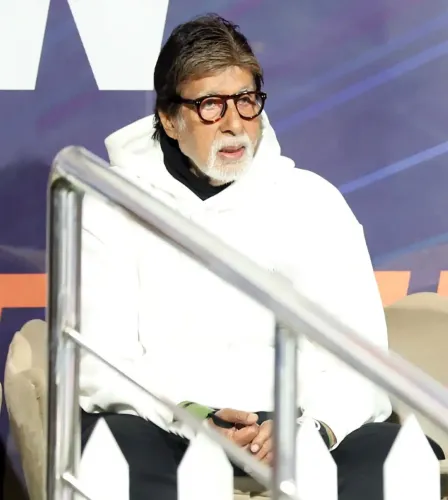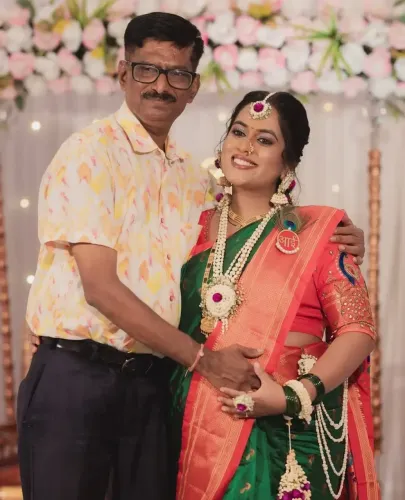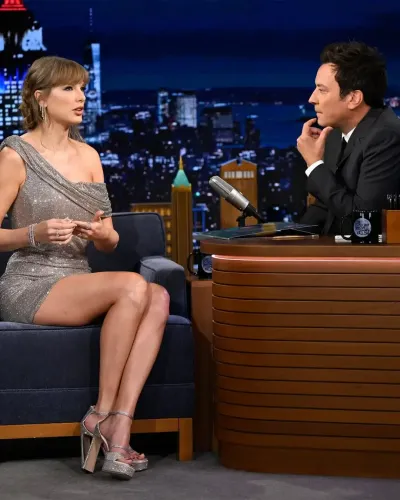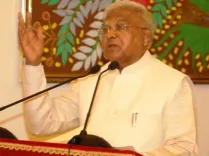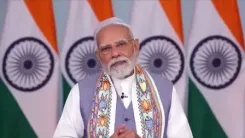Why Are the Makers of 'Kantara Chapter 1' Urging Fans Not to Imitate Daiva Characters?
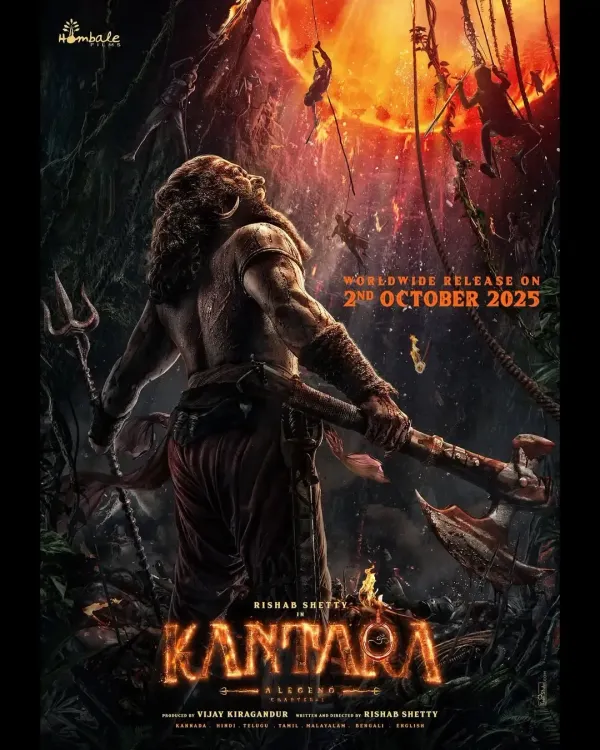
Synopsis
Key Takeaways
- Respect cultural beliefs: It's crucial to honor the traditions and sentiments associated with Dhaivaradhane.
- Art and spirituality: Films can portray spiritual themes, but they should not be treated lightly.
- Community response: The Tulu community's sentiments must be respected in artistic expressions.
Mumbai, Oct 7 (NationPress) In light of the immense admiration for Rishab Shetty’s Kantara Chapter 1, a video emerged on social media showing a fan dressed as a Daiva entering a cinema in Tamil Nadu.
Additionally, a few cinema enthusiasts performed a scene from the prequel outside the theater.
In response to this recent occurrence, the producers, Hombale Films, have released an official statement urging fans to refrain from imitating the Daiva characters, emphasizing that these portrayals are not meant for “casual mimicry”.
The statement stated, “To the cinephiles and the global audience, Dhaivaradhane represents a significant symbol of faith and cultural pride within Tulunadu, the coastal region of Karnataka. Our films, Kantara and Kantara Chapter-1, were crafted to respectfully depict this devotion and celebrate the essence of the Daivas. We have worked diligently to ensure that the profound respect and unwavering devotion central to Dhaivaradhane were honored, successfully sharing the importance and heritage of the Tulu soil with the world. (sic)”
“We are profoundly thankful for the incredible positive feedback. However, we have noticed that certain individuals have been mimicking the Daiva characters from the film and participating in improper conduct in public settings and gatherings,” the producers continued.
Stating that such actions could deeply offend the religious sentiments of the Tulu community, they remarked, “Dhaivaradhane or Daiva worship, as showcased in our film, is grounded in rich spiritual tradition and is not meant for performance or casual imitation. Such actions trivialize our belief system and deeply hurt the religious sentiments and faith of the Tulu community. Hombale Films therefore strongly appeals to the public and audiences to avoid any acts of imitating, mimicking, or trivializing the Daiva personas—whether in cinemas or public spaces.”
Calling for all to respect the sacred nature of Dhaivaradhane, they further encouraged, “We urge all citizens to acknowledge the spiritual significance of these portrayals and act responsibly, ensuring that the devotion we aimed to honor is never compromised or taken lightly. We value your ongoing support and cooperation in safeguarding the sanctity of this priceless cultural heritage.”


